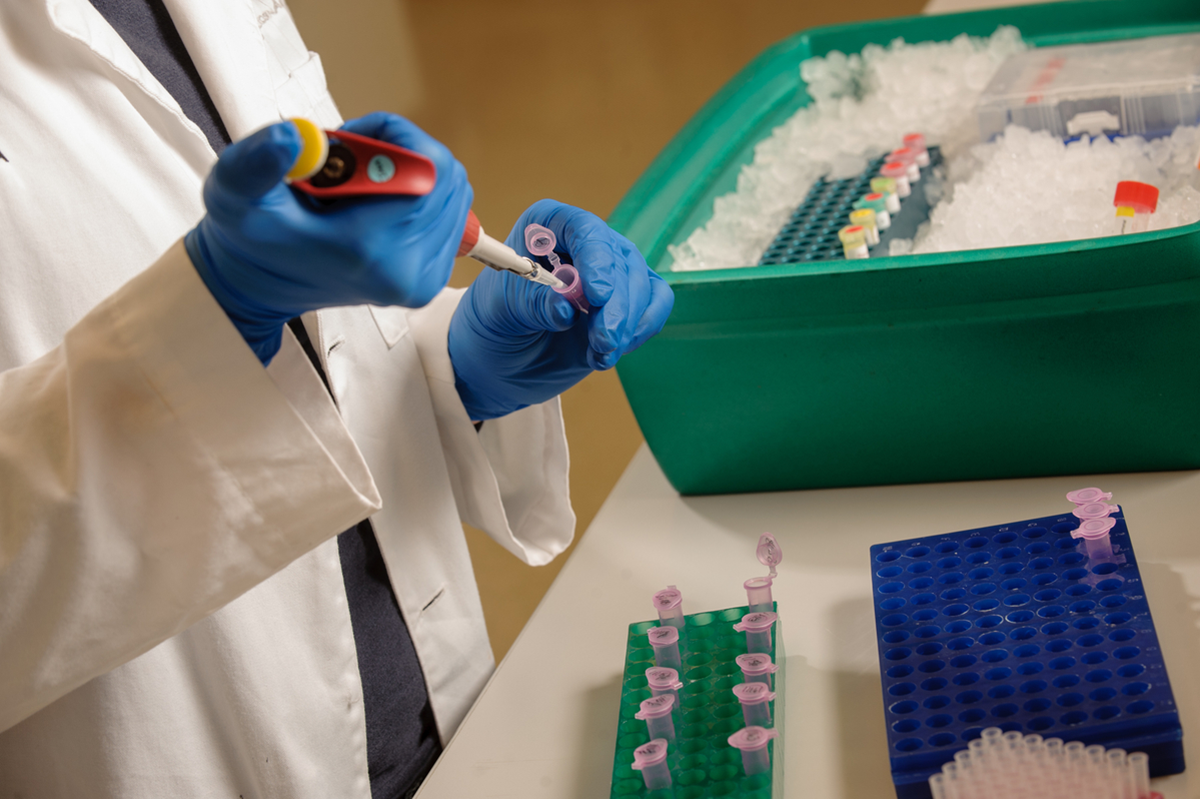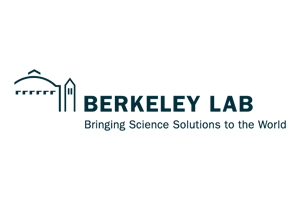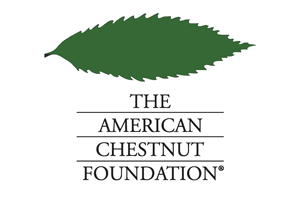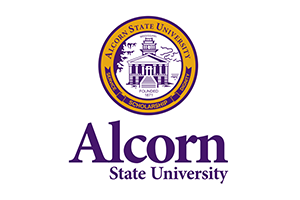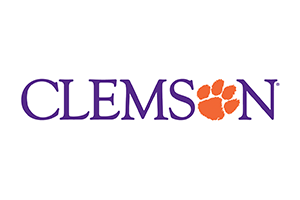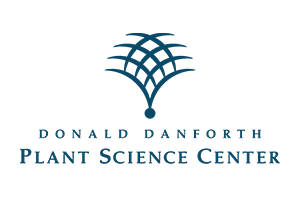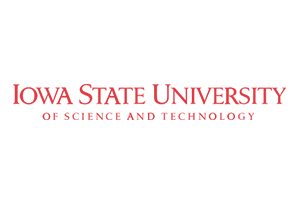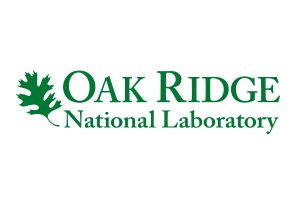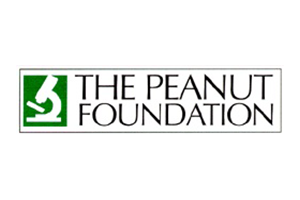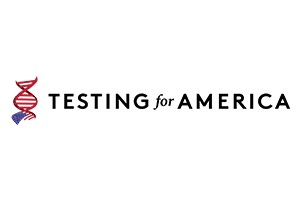
Learn the advantages of sequencing with the HudsonAlpha Genome Sequencing Center
Faster computing, advanced sequencing technologies and falling costs are expanding whole genome sequencing technologies to large-scale studies. Whether you are looking for short read or long read sequencing, the HudsonAlpha Sequencing Center can provide support for the following:
Plant Genome Sequencing
The HudsonAlpha Genome Sequencing Center provides researchers with high-quality genome sequencing, assembly and analysis for plants, fungi, archaea and algae species with the infrastructure and expertise to exceed your project needs. The experts at the HudsonAlpha Genomic Sequencing Center can help with your large or small sequencing projects, whether they are de novo sequencing or resequencing projects.
Non-clinical Human Genome Sequencing
Historically, the center specialized in applying genomic technologies to understand plant genomes in an effort to improve crops for use as food, fuel and fiber. However, the center is now leveraging the ever-advancing sequencing technologies to generate high-quality human genome sequences and assemblies. The addition of nonclinical, human genome sequencing to their arsenal makes the HudsonAlpha Genome Sequencing Center a well-rounded genomic sequencing center that is here to help meet your research sequencing needs.
De Novo Genome Sequencing
The HudsonAlpha Genome Sequencing Center is also one of very few centers in the world performing de novo sequencing of plants and animals. De novo reference genomes serve as a point of comparison for future study and lay the foundation for downstream functional studies for the improvement and production of domesticated crops. In the case of crop species such as sorghum, soybean, cotton, switchgrass and millet, these reference genomes form the basis for genomics-enabled crop breeding to increase yields. The non-profit center has generated and publicly released reference genomes for more than 180 plant species.
Genome Sequencing Center Capabilities
The HudsonAlpha Genome Sequencing Center specializes in next generation long and short read sequencing with

Multiple options for data analysis and interpretation including short- and long-term data storage.
See the steps we take to ensure the highest quality when sequencing a plant genome.
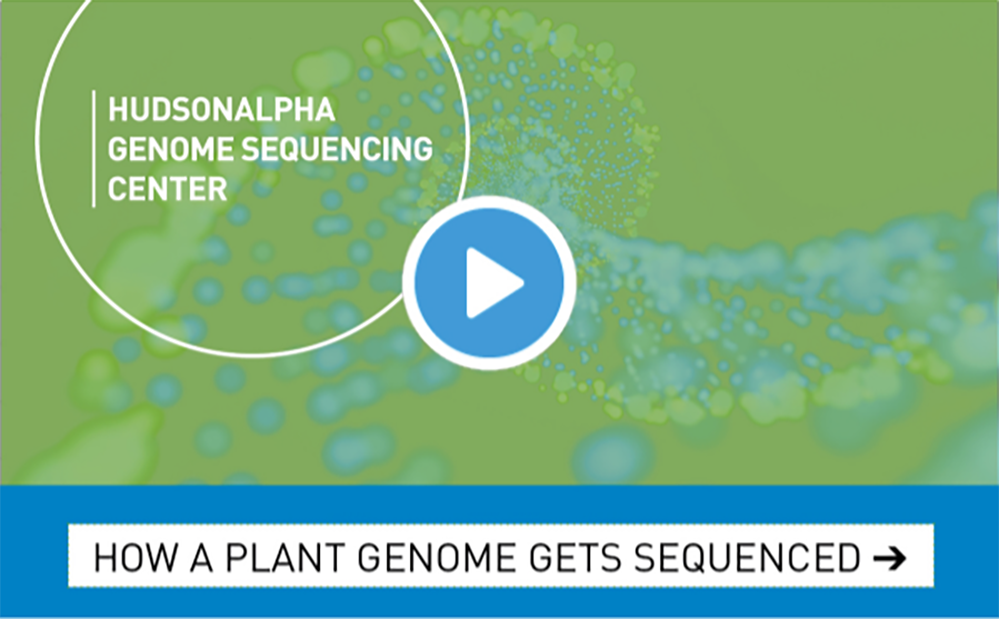
Expertise matters
Genomic sequencing for food, fiber, energy, conservation and health
Plant Genome Sequencing
The HudsonAlpha Genome Sequencing Center is part of the HudsonAlpha Institute for Biotechnology, a non-profit research institute committed to advancing genomic knowledge by bringing scientific discoveries into agriculture and human health. For over a decade, the genomics team has been helping solve some of the world’s most pressing problems. The expert team works to provide high-quality whole genome sequencing and advance genomic sequencing technology through improved computational tools, assembly and annotation. Some of the world’s leading research institutions have trusted the HudsonAlpha Genomic Sequencing Center with projects in human health, food, energy, fiber, ecology, conservation, and other research areas.
Human Genome Project
The origins of the HudsonAlpha Genome Sequencing Center are in the Stanford Human Genome Center, where co-directors Jane Grimwood, PhD, and Jeremy Schmutz worked on finishing, assembling and performing quality analysis on human chromosomes 5, 16 and 19 as part of the international Human Genome Project. Learn More →
Genomic Sequencing for a Sustainable World
The HudsonAlpha Genome Sequencing Center produces genomic data on economically valuable plant species and analyzes and interprets the data to improve crop breeding and other agricultural practices. Researchers at the HudsonAlpha Genome Sequencing Center collaborate with many academic institutions, companies and foundations across the world to help solve agricultural problems. The center stays abreast of the ever-changing sequencing technologies and implements them to provide the most reliable and complete results. The HudsonAlpha Genome Sequencing Center uses an innovative collaborative approach to help advance research and produce quality results.
Contact us to learn more about genomic sequencing for your research or fee for service project
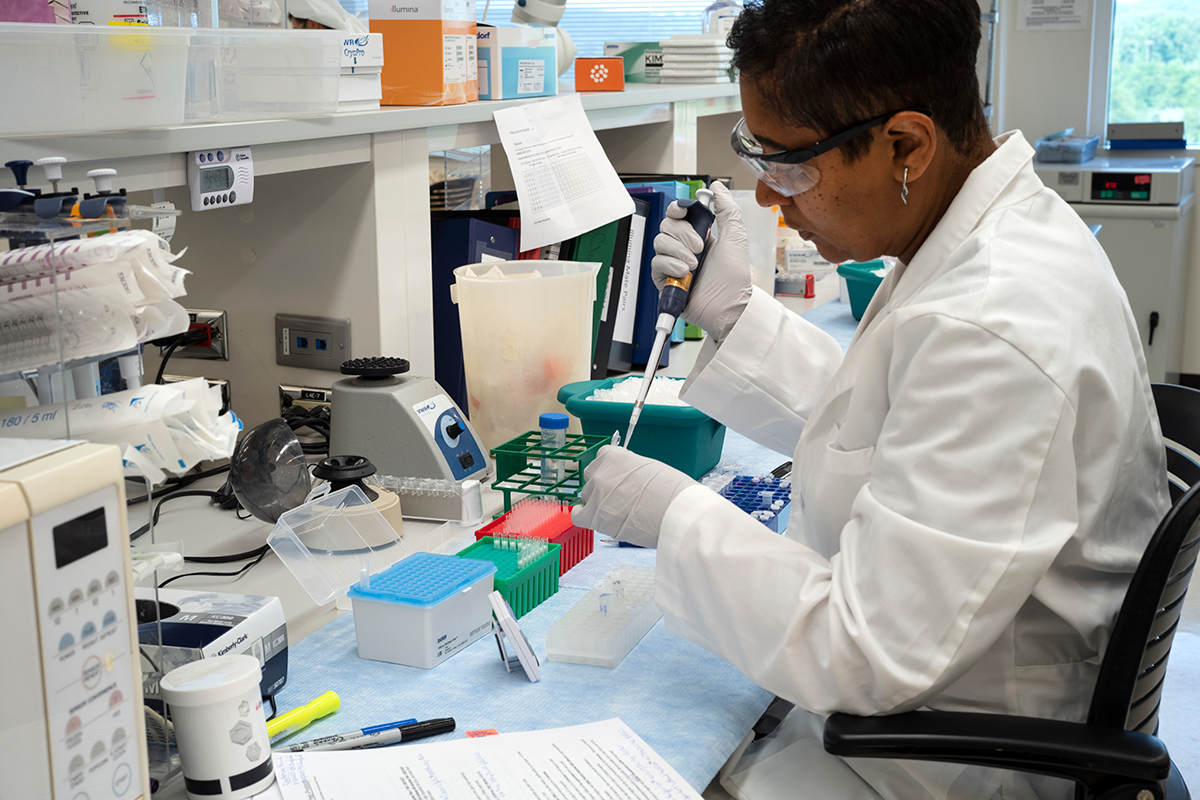
Collaborations across the world
The HudsonAlpha Genome Sequencing Center is respected globally for its significant contributions to improving the human experience. The study of genomics has yielded unprecedented insight into human health and disease as well as the world around us. The HudsonAlpha Genomic Sequencing Center is passionate about translating the promise of genomics into measurable real-world results. We foster an enterprising spirit and collaborative approach, which has served as an accelerator for progress in genomic science. Here are some of the collaborative projects we have had the pleasure to contribute to over the past decade:
Genomic Sequencing for
Agriculture
Sorghum is one of the top five cereal grains in the world. It is very efficient at water use and converting solar energy, making it valuable as a sustainable food and nutrition source. Researchers in the HudsonAlpha Genome Sequencing Center contributed to the new reference genome for sweet sorghum in order to compare it to the reference genome for grain sorghum. This comparison is important to help researchers understand the genetic mechanisms that contribute to different varieties having different strengths.
Genomic Sequencing for
Fiber
Cotton is an important fiber crop that has been grown for thousands of years and globally provides income for more than one hundred million families across more than 150 countries. Producing new varieties of cotton to withstand changing environmental conditions but also have improved crop production, fiber quality, and sustainability is a major goal in the agricultural community. The HudsonAlpha Genome Sequencing Center sequenced several types of cotton to identify differences among wild and domesticated cotton that could be used to reintroduce agriculturally beneficial traits like disease or drought resistance.
Genomic Sequencing for
Human Health
Although each rare disease affects a small number of people, rare diseases as a whole affect over 350 million people. Patients with rare disease often embark on years long diagnostic journeys, visiting doctor after doctor and often receiving misdiagnoses. As part of The Clinical Sequencing Exploratory Research (CSER) program, HudsonAlpha scientists are working with physicians, scientists and genetic counselors at partner institutions to sequence the genomes and exomes of hundreds of North Alabama children and their families with the goal of providing a diagnosis to these children with rare and undiagnosed disease.
Genomic Sequencing for
Ecology
Around 1900, the American chestnut was wiped out by an invasive fungal pathogen called chestnut blight that killed more than three billion trees. The ultimate goal for breeders is to prevent environmental loss, to preserve the remaining chestnuts, and to restore the species and the ecosystem that goes with it. Researchers at the HudsonAlpha Genomic Sequencing Center generated a reference genome for the American chestnut, giving researchers the tool to identify the sources of blight resistance, so breeders can create a more resilient American chestnut.
Genomic Sequencing for
Energy
Switchgrass is a promising biofuel candidate because it has several desirable qualities such as deep roots that allow it to access nutrients easily from a variety of soils, and a higher tolerance for extreme water conditions, such as drought or prolonged periods of rain. However, high producing varieties cannot thrive across climate zones. Researchers at the HudsonAlpha Genomic Sequencing Center, along with many collaborators, generated a reference genome for switchgrass that will help them breed switchgrass that can thrive across climates.
Genomic Sequencing for
Environment
Though it’s found around the world, it’s easy to overlook the common liverwort – the plant can fit in the palm of one’s hand and has flat, overlapping leaves. These plants are living links to the transition from the algae that found its way out of the ocean to the established multitude of land plants. Researchers at the HudsonAlpha Genome Sequencing Center, along with many collaborators, analyzed the genome sequence of the common liverwort to identify genes and gene families that were deemed crucial to plant evolution and have been conserved over millions of years and across plant lineages.
Meet the HudsonAlpha Genome Sequencing Team
Decades of experience in genomics and plant sequencing
Since 2006, the group has contributed more than 180 plant genomes to the public domain. In addition, the HudsonAlpha faculty investigators and co-directors claim more than 50 publications in Science and Nature, and both are named as Clarivate Analytics most highly cited researchers in plant and animal science.

Jane Grimwood, PhD
CO-DIRECTOR
Jane Grimwood, PhD, joined HudsonAlpha Institute for Biotechnology as a faculty investigator in 2008. As a co-director of the Genome Sequencing Center, Grimwood focuses on sequencing, finishing and genome improvement of a wide variety of eukaryotic genomes – including plants, fungi and vertebrates. She earned her PhD in microbiology from the University of Leeds in the United Kingdom, followed by postdoctoral training at the University of Oxford, Dartmouth College, and the University of San Francisco… Read more

Jeremy Schmutz
CO-DIRECTOR
Jeremy Schmutz joined HudsonAlpha Institute for Biotechnology in 2008 as a faculty investigator. He leads the Informatics and Production Sequencing Groups at the Genome Sequencing Center, which he co-directs with Jane Grimwood. Schmutz graduated from North Central College in Naperville, Ill., in three years with a BS in Computer Science and a BA in Biology. While in college, he worked on DNA sequencing technology at Argonne National Laboratory… Read more
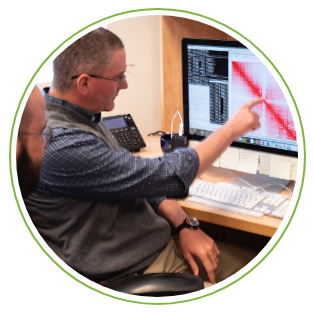
Team Members
LAB AND COMPUTATIONAL STAFF
The HudsonAlpha Genome Sequencing Center is a group of 23 personnel—9 laboratory and 14 computational staff with established expertise in sequencing, library building, draft assembly, finishing and informatics. Group leader and senior scientist, Jerry Jenkins, PhD, is also among the most highly cited researchers. Meet the rest of the team here and see how their expertise is at your service for sequencing, assembly and analysis.
FUTURE GROWTH
The HudsonAlpha Genomic Sequencing Center is a leading provider of cutting-edge genomic sequencing technologies in all aspects of life science: human, plant, animal, viral and bacterial. Through innovative research and leveraging our prominent, world-renowned scientists, the Center offers unique capabilities and expertise in producing, assembling and interpreting high-quality genome-based data that drives innovation to improve the human condition.
The Center provides genomic technologies, informatics, and services to academic and industry scientists and researchers throughout the world. We value collaboration whether it is partnering on grant applications, providing fee for service long and short read genome sequencing, or providing assembly and interpretation services.
As the HudsonAlpha Genome Sequencing Center grows, we will continue to offer more extensive services in agricultural improvement, as well as our honed capability for affordable rare disease identification that goes beyond traditional short read sequencing. We continue to push the envelope and identify new ways to uncover the mysteries of the genome. The Center utilizes our findings to improve sustainability and human health. In the coming years, the Center will continue to partner with others to continue to lead innovation in human, plant, animal, viral and bacterial study and application.

Recent News
More genome copies in switchgrass leads to increased climate flexibility
by: Sarah Sharman, PhD, Science writer Most mammals, including humans, have two copies of each gene, one from mom and one ...
Read MoreHow high-quality plant genomes can help feed the world
Countless studies by researchers around the world indicate that Earth’s climate is changing faster now than at any point in the ...
Read MoreAustralian tree genome sequenced in part at HudsonAlpha
Second species of eucalypt sequenced in a decade-long project that spanned three continents Scientists at the HudsonAlpha Genome Sequencing Center contributed ...
Read MoreSwitchgrass: A ten-year reference genome in the making
February 10, 2021 (Huntsville, Ala.) – Scientists at the HudsonAlpha Institute for Biotechnology have a long and fruitful history of sequencing complex genomes, ...
Read MoreHudsonAlpha scientists help secure the future of chocolate with improved cacao reference genome
People around the world consumed nearly 7.7 million tons of chocolate in the last year, but the cacao crop that supports the production ...
Read Morepacbio sequel ii system Illumina Nova Seq6000 MiSeq







